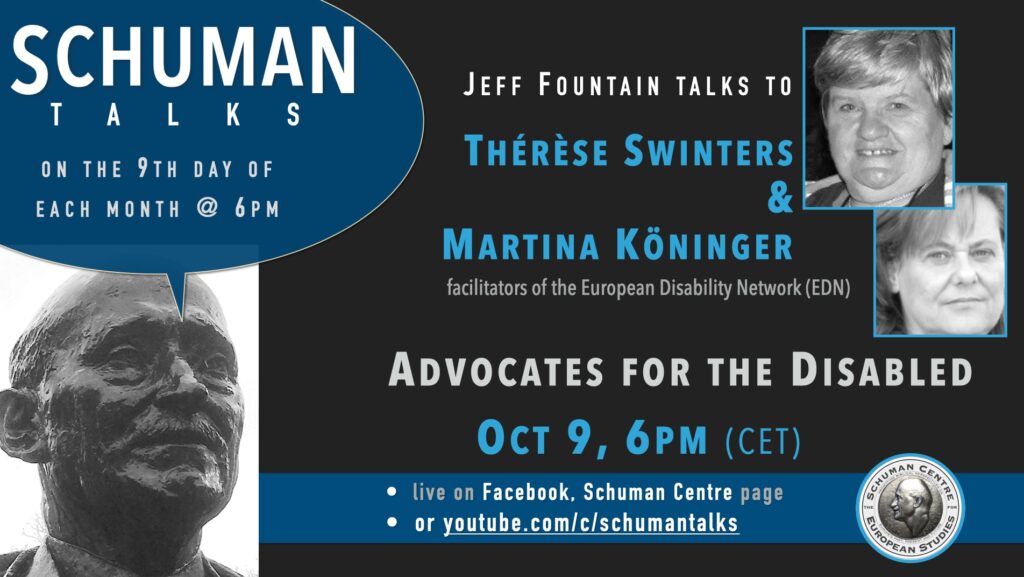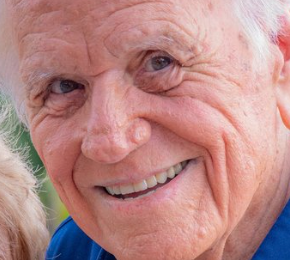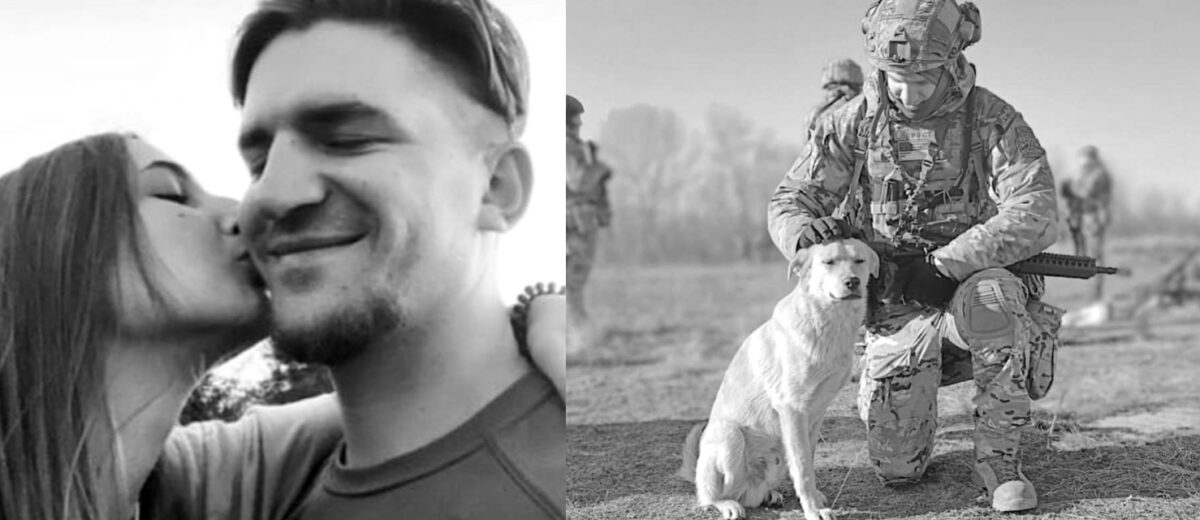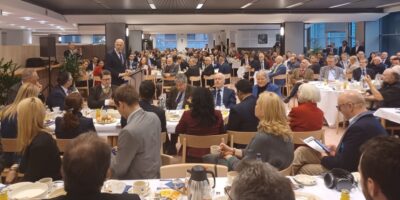Alex was killed in action on the eastern frontline this week in Ukraine.
He had attended the last Discipleship Training School in Kyiv before the Russian invasion. Alex was engaged to marry YWAM staff member Milana and planned to join staff himself after his military service. News of his death came during a staff retreat in the west of Ukraine and has left many fellow staff in silent shock.
The abrupt end to Alex’s life brings the toll of the war home to us. The statistics of those wounded and killed now has a face. Those numbingly high figures are made up of individuals like Alex, and hide uncountable stories of heartbreak and grief of loved ones, and broken lives facing hopeless futures.
Accurate figures of deaths and injuries are impossible to determine. Both sides in this war tend to downplay their own casualties and exaggerate those of the adversary. Russian news outlets have largely stopped reporting on the Russian death toll. The last official numbers released were over a year ago, setting the death toll at a mere 5,937 – probably about one twentieth of the current toll. Russian courts have ruled that the publication of lists of Russian casualities on private websites constituted “classified information” and could be considered a criminal offense.
While Kyiv also does not disclose official figures, President Zelenskyy and his advisers were quoted at various times as saying that between 100 and 500 Ukrainians were being killed daily during the height of the fighting summer summer last year. Late in August, the New York Times put the total numbers of dead and wounded on both sides at close to 500,000. Russia, the paper estimated, sustained 120,000 deaths and 180,000 wounded; Ukraine, 70,000 and 130,000 respectively.
The Washington-based Center for Strategic and International Studies (CSIS) estimates that more Russian soldiers died in the first year of the war in Ukraine than in all its other wars since World War II combined. Russia lost over 5000 each month – at least 60,000 last year. Compare that to the 13,000 to 25,000 lost in Chechnya over 15 years. Or the 14,000 to 16,000 who died in in Afghanistan over nine years. The CSIS reported that the Russians lost 25 times more soldiers in the first year of the Ukraine war than in Chechnya and 35 times more so than in Afghanistan.
Imagine 500,000 Alex’s – boyfriends, fiances, husbands, sons and fathers. Ukraine does not conscript women but some 50,000 have volunteered for service in both combatant and non-combatant roles. Over 100 – wives, mothers, daughters and girlfriends – have been killed.
The bereaved
Millions of family members and close friends have been directly bereaved, across both Russia and Ukraine. We need to keep praying for them, including Alex’s family and friends.
In Russia the burden of conscription has fallen on rural towns and non-Russian ethnic groups, to avoid stirring social unrest among the primarily Russian urban populations. While some have entered combat out of ideological or financial motivation, the vast majority had no choice and are suffering on the front lines very much against their wills.
Every one of these casualties was a human being created in God’s image. Therefore no matter how wounded, something of God’s glory can still be seen in that person. It is easy for us to get swept up in nationalistic emotions surrounding the course of the war, especially as righteous indignation responds to gross injustices.
But we are to remember Jesus’ instructions to ‘Love your enemies, bless those who curse you, do good to those who hate you, and pray for those who mistreat you and persecute you’. (Matt 5:44).
I have never faced what all Ukrainians face today as their nation, their freedom, their futures, their hopes and their loved ones are being so brutally assailed by a ruthless dictator.
Amputees
I am however inspired by someone who did face such challenges and was held in solitary confinement by the Gestapo early in the occupation of France during World War Two. Robert Schuman, at the time a French parliamentarian who later become both prime minister and foreign minister, smuggled out messages to the French resistance saying that ‘we French will have to learn to love and forgive the Germans to rebuild Europe after the war’. Five years after the end of the war, Schuman initiated the process of European integration starting with Christian forgiveness and reconciliation, the first step towards the European Union.
The future will require far-sighted reconcilers and peacemakers when the appropriate time comes.
Back to the casualty figures: a Wall Street Journal investigation this summer revealed that the number of amputations, both military and civilian, Russian and Ukrainian, have surpassed those of the British and the Germans during all of World War One.
This month’s Schuman Talk on Monday evening (October 9, 6pm) focuses on the disabled community in Europe that these amputees are now joining – a huge minority of some 60 million(!) yet very much ignored, neglected, misunderstood and misjudged, also by churches and believers. I am talking with Thérèse Swinthers and Martina Köninger of the European Disabilities Network about their heroic efforts to champion their fellow disabled Europeans.
We need to listen to them.


Along with George Verwer, founder of Operation Mobilisation, who passed away six months ago, Loren pioneered short-term, lay, youth missions. He was an indefatigable champion of making the Bible accessible to every language group. Read further.
Till next week,



